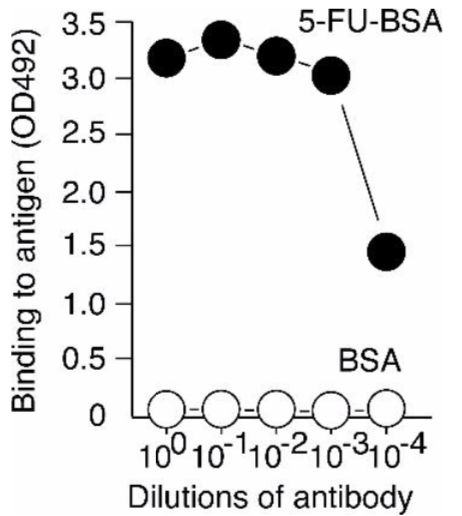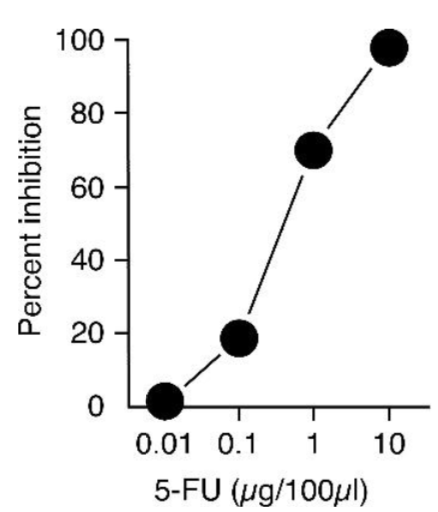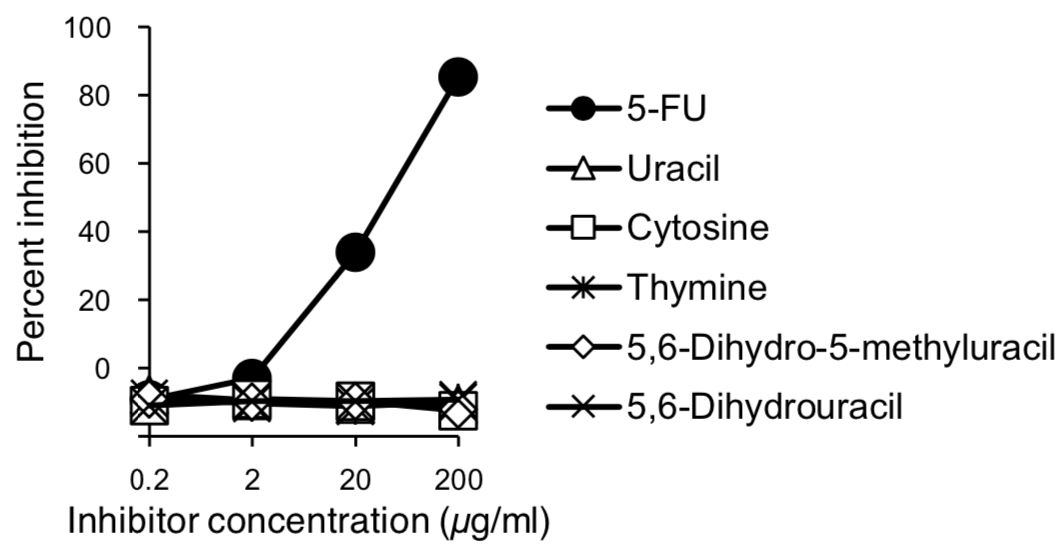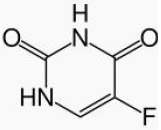- CAC Antibody Collection Index Page
Antibody Group
Advanced glycation end products (AGEs)
Autophagy and apoptosis
Bacteria-related
Calcium-binding proteins
Cancer
CD44 for enriching cancer stem cells
Tumor markers
Tumor inhibitors
Chaperones
Cytoskeleton
DNA damage
UV-induced DNA lesions
8-Nitroguanosine for oxidative stress research
Nucleotide excision repair factors
Epigenetics and chromatin
Histone H3 variants
Post-translationally-modified histone H3
Chromatin structure modifiers
Drosophila chromatin
Epitope tags
Exosomes
Extracellular matrix
Glycosaminoglycans (GAGs)
Proteoglycans
Matrix and basement membrane
Cell adhesion and hemidesmosome-related
Bone and cartilage-related
Wound repair-related
Hedgehog pathway
Hormones
Immunology
Fish CD4 and CD8α
Allergic disease-related
Adaptive and innate immunity
Macrophages
Inflammatory cytokines
Viral recognition pathways
Vpr for HIV research
Insulin-like growth factor-related
Mitochondria-related
Neurobiology
Neurodegenerative disease markers
Muscarinic acetylcholine receptors
Miscellaneous
Nuclear import and export
Oxidative stress
Plant-related
Plant hormones
Plant autophagy and apoptosis
Plant stress response
Plant stress response
Proteasomes
Puromycin-specific
Reproductive biology
Small molecules
Stem cells
Novel iPS/ES markers
Pluripotency-associated
Sumoylation pathway
TGF-beta pathway
TGF-beta LAP-d
TGF-beta signaling
Transcription factors
Transporters
Tyrosine phosphatases
Ubiquitin-Proteasome Related
 CAC Antibody Collection
CAC Antibody Collection
The antibodies on this page are part of Cosmo Bio's exclusive CAC Collection. For many many thousands of other antibodies from many different makers, use our Search the Store function and our Explore Products drop down menu.
Within the fields of molecular biology and pharmacology, a small molecule is a low molecular weight (< 900 daltons) organic compound that may regulate a biological process, with a size on the order of 1 nm. Most drugs are small molecules. Larger structures such as nucleic acids and proteins, and many polysaccharides are not small molecules, although their constituent monomers (ribo- or deoxyribonucleotides, amino acids, and monosaccharides, respectively) are often considered small molecules. Small molecules may be used as research tools to probe biological function as well as leads in the development of new therapeutic agents. Some can inhibit a specific function of a protein or disrupt protein–protein interactions.
Pharmacology usually restricts the term "small molecule" to molecules that bind specific biological macromolecules and act as an effector, altering the activity or function of the target. Small molecules can have a variety of biological functions or applications, serving as cell signaling molecules, drugs in medicine, pesticides in farming, and in many other roles. These compounds can be natural (such as secondary metabolites) or artificial (such as antiviral drugs); they may have a beneficial effect against a disease (such as drugs) or may be detrimental (such as teratogens and carcinogens). [from: Wikipedia contributors. (2019, April 6). Small molecule. In Wikipedia, The Free Encyclopedia. Retrieved 19:49, May 29, 2019, from https://en.wikipedia.org/w/index.php?title=Small_molecule&oldid=891243496]
References:
1) Macielag MJ (2012). "Chemical properties of antibacterials and their uniqueness". In Dougherty TJ, Pucci MJ (eds.). Antibiotic Discovery and Development. pp. 801–2. ISBN 978-1-4614-1400-1.
2) Arkin MR, Wells JA (April 2004). "Small-molecule inhibitors of protein-protein interactions: progressing towards the dream". Nature Reviews Drug Discovery. 3 (4): 301–17. doi:10.1038/nrd1343. PMC 4179228. PMID 15060526.
| Product name (click for order info) | Cat No (click for datasheet) |
Host | Species specificity |
| Anti Morphine mAb (Clone IB1) | CAC-KYU-HT-M001 | MS | - |
| Anti Thebaine mAb (Clone 5F7) | CAC-KYU-HT-M002 | MS | - |
| Anti Ginsenoside Rb1 mAb (Clone 9G7) | CAC-KYU-HT-M003 | MS | - |
| Anti Salvinorin A mAb (Clone IC1) | CAC-KYU-HT-M004 | MS | - |
| Anti Plumbagin mAb (Clone 3A3) | CAC-KYU-HT-M005 | MS | - |
| Anti Forskolin mAb (Clone 1A9) | CAC-KYU-HT-M006 | MS | - |
| Anti 2,4-Dichlorophenoxyacetic Acid mAb (Clone 2C4) | CAC-KYU-HT-M007 | MS | - |
| Anti Ginsenoside Re mAb (Clone 4G10) | CAC-KYU-HT-M008 | MS | - |
| Anti 5-Fluorouracil (5-FU) mAb (Clone H3-17) | CAC-NM-MA-002 | MS | - |
| Product name | Anti Morphine mAb (Clone IB1) |
| Cat No | CAC-KYU-HT-M001 |
| Description | Morphine is a psychoactive alkaloid isolated from Papaver somniferum. References: 1) Shoyama et al. (1993) Direct Determination Of Opium Alkaloid-Bovine Serum-Albumin Conjugate By Matrix-Assisted Laser-Desorption Ionization Mass-Spectrometry. Biol Pharm Bull. 16(10):1051-3. PMID: 8287039. |
| Host | MS |
| Species specificity | - |
| Product name | Anti Thebaine mAb (Clone 5F7) |
| Cat No | CAC-KYU-HT-M002 |
| Description | Thebaine is an alkaloid isolated from Papaver somniferum. References: 1) Shoyama et al. (1993) Direct Determination Of Opium Alkaloid-Bovine Serum-Albumin Conjugate By Matrix-Assisted Laser-Desorption Ionization Mass-Spectrometry. Biol Pharm Bull. 16(10):1051-3. PMID: 8287039. |
| Host | MS |
| Species specificity | - |
| Product name | Anti Ginsenoside Rb1 mAb (Clone 9G7) |
| Cat No | CAC-KYU-HT-M003 |
| Description | Ginsenoside Rb1 is a saponin isolated from Panax ginseng. References: 1) Tanaka H. et al., Formation of monoclonal antibody against a major ginseng component, ginsenoside Rb1 and its characterization, Cytotechnology, 29,115, 1999. PMID:22359060. 2) Fukuda N, Tanaka H, Shoyama Y. (2001) Double staining of ginsenosides by Western blotting using anti-ginsenoside Rb1 and Rg1 monoclonal antibodies. Biol Pharm Bull. 24(10):1157-60. PMID:11642323. |
| Host | MS |
| Species specificity | - |
| Product name | Anti Salvinorin A mAb (Clone IC1) |
| Cat No | CAC-KYU-HT-M004 |
| Description | Salvinorin is a psychoactive terpene isolated from Salvia divinorum. References: Madan Kumar Paudel, Osamu Shirota, Kaori Sasaki-Tabata, Hiroyuki Tanaka, Setsuko Sekita, and Satoshi Morimoto. (2013) Development of an Enzyme Immunoassay Using a Monoclonal Antibody against the Psychoactive Diterpenoid Salvinorin A. Journal of Natural Products. 76(9):1654-1660. DOI: 10.1021/np400358n. |
| Host | MS |
| Species specificity | - |
| Product name | Anti Plumbagin mAb (Clone 3A3) |
| Cat No | CAC-KYU-HT-M005 |
| Description | Plumbagin is a naphthoquinone isolated from Plumbago zeyalanica. References: Sakamoto et al. (2008) Development of an enzyme-linked immunosorbent assay (ELISA) using highly-specific monoclonal antibodies against plumbagin. Anal Chim Acta. 607(1):100-5. PMID: 18155415. |
| Host | MS |
| Species specificity | - |
| Product name | Anti Forskolin mAb (Clone 1A9) |
| Cat No | CAC-KYU-HT-M006 |
| Description | Forskolin is a terpene isolated from Coleus forskohlii, which is an adenylate cyclase activator. References: Sakata, R., Shoyama, Y. & Murakami, H. Cytotechnology (1994) 16:101. https://doi.org/10.1007/BF00754612. |
| Host | MS |
| Species specificity | HU |
| Product name | Anti 2,4-Dichlorophenoxyacetic Acid mAb (Clone 2C4) |
| Cat No | CAC-KYU-HT-M007 |
| Description | 2,4-dichlorophenoxyacetic acid is a common herbicide. References: Tanaka H. et al. (2003) Preparation of anti-2,4-dichlorophenol and 2,4-dichlorophenoxyacetic acid monoclonal antibodies. Cytotechnology. 42(2):101-7. PMID: 19002932. |
| Host | MS |
| Species specificity | - |
| Product name | Anti Ginsenoside Re mAb (Clone 4G10) |
| Cat No | CAC-KYU-HT-M008 |
| Description | Ginsenoside Re is a saponin isolated from Panax ginseng. References: 1) Morinaga O. et al. (2006) Enzyme-linked immunosorbent assay for the determination of total ginsenosides in ginseng. Analytical Letters. 39:287-296. 2) Morinaga O, et al. (2006) Detection and quantification of ginsenoside Re in ginseng samples by a chromatographic immunostaining method using monoclonal antibody against ginsenoside Re. J Chromatogr B Analyt Technol Biomed Life Sci. 830(1):100-4. PMID: 16310421. |
| Host | MS |
| Species specificity | - |
| Product name | Anti 5-Fluorouracil (5-FU) mAb (Clone H3-17) |
| Cat No | CAC-NM-MA-002 |
| Description | 5-Fluorouracil (5-FU) is a pyrimidine analogue and inhibits an enzyme called thymidylate synthetase, which results in inhibition of DNA replication. Thus, 5-FU is used as a drug in the treatment of cancers including colorectal cancer, pancreatic cancer and skin cancer. |
| Host | MS |
| Species specificity | - |
| Figure 1 |  |
| Monoclonal antibody (H3-17) shows high binding to 5-FU-BSA but undetectable binding to BSA. Different dilutions of antibody were tested for binding to immobilized antigens (100 ng/well) in a direct ELISA. |
|
| Figure 2 |  |
| Monoclonal antibody (H3-17) is capable of binding to free 5-FU. Free 5-FU efficiently inhibits antibody binding to immobilized 5-FU-BSA (5 ng/well), as detected by a competitive ELISA. |
|
| Figure 3 |  |
| Binding specificity of Anti-5-FU antibody. Anti-5-FU monoclonal antibody (H3-17) binds to 5-FU, but not to Uracil, Cytosine, Thymine, 5,6-Dihydro-5-methyluracil and 5,6-Dihydrouracil. |
|
| Figure 4 |  |
| Structure of 5-Fluorouracil. | |
